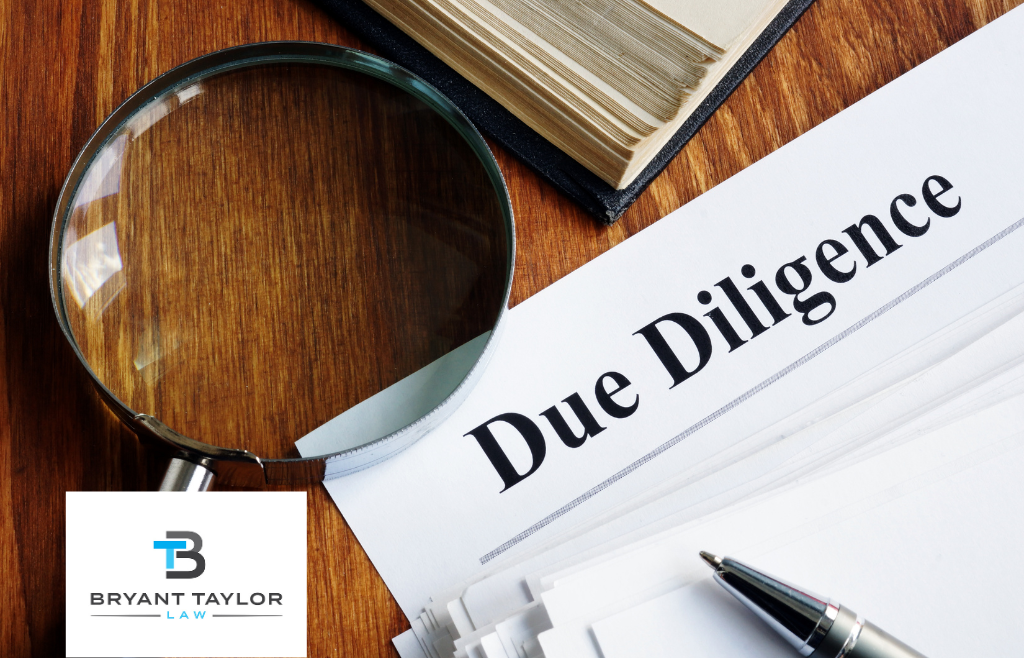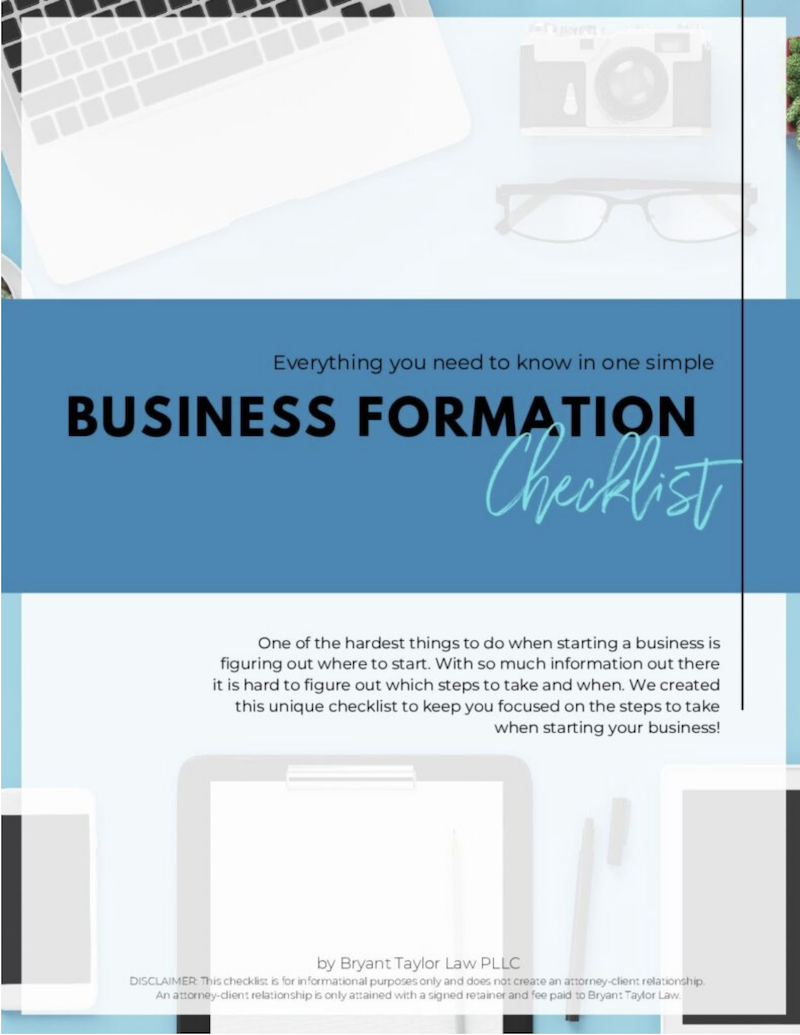
One of the most important (if not the most important) stages of a business sale is the due diligence process. At this point, you and your partners have one last chance to uncover any unknowns, misinformation, or misdirection. You can’t afford to push through this process quickly.
As a seller, due diligence often means not only vetting the interested party who has signed a letter of intent but also ensuring your business records are in order. It’s not just about where the business is at today but all of the processes and challenges you’ve gone through to get here.
Start at the Very Beginning
Step one of preparing your business for the due diligence stage is to ensure your business is correctly registered. You’ve been operating and paying taxes as a business, but due diligence is about verifying all the minute details.
If you have any partners, make sure you have the original AND current partnership agreements. This will clarify who had equity in the company, what happened to the equity of any former partners, and who currently holds equity. It’s important to be able to draw a line between where the partnership started and where it’s at now. You should do the same for shareholders and various shareholder agreements.
Verify Employee Records
You need to make sure your employee records are clean during the sale, as well. Who is currently employed? Who has been employed in the past and why did they leave? An employee quitting is very different from an employee being fired so this needs to be properly documented.
The buyer will use the due diligence phase to verify what employees have current contracts with the company they’re acquiring.
Make Sure Financial and Tax Records are Up-to-Date
No interested buyer wants to acquire a lawsuit or an IRS headache. You need to be able to provide updated financial documents as well as the company’s tax records.
Having a current profits and losses income statement (PNL) that accurately reflects revenues and expenses over the life of the business provides peace of mind to both sides of the deal. If the business has an outstanding loan balance from a Small Business Association loan, you may need permission from the SBA before selling.
These disclosures obviously cost you the leverage you had prior to signing the letter of intent, but this is a necessary step to close any deal.
Disclose Any Contractual Obligations
Do you have a lease in place for your place of business that must be either satisfied, transferred, or bought out? Are there vendors that you have signed a contract to utilize the services?
The terms of those contracts are important. Do they survive the sale of your business? Any potential buyer will need to know.
Intellectual Property Review
This is one element that often gets overlooked in the due diligence process. If it’s a stock sale then the new owner will need to know that all IPs are legally owned and protected. If it’s just an asset sale then this is less important because the seller will retain ownership of some elements of the business (like the name of their business).
The team at Bryant Taylor Law has extensive experience assisting both buyers and sellers of Florida businesses through the due diligence process. We will help you review all relevant records and correct any errors to ensure a smooth transaction. Schedule a consultation with our team if you’re selling your Florida business and need help navigating the steps to come.
Bryant Taylor
Latest posts by Bryant Taylor (see all)
- Understanding Hard Money Lending for Real Estate Investments - April 18, 2024




